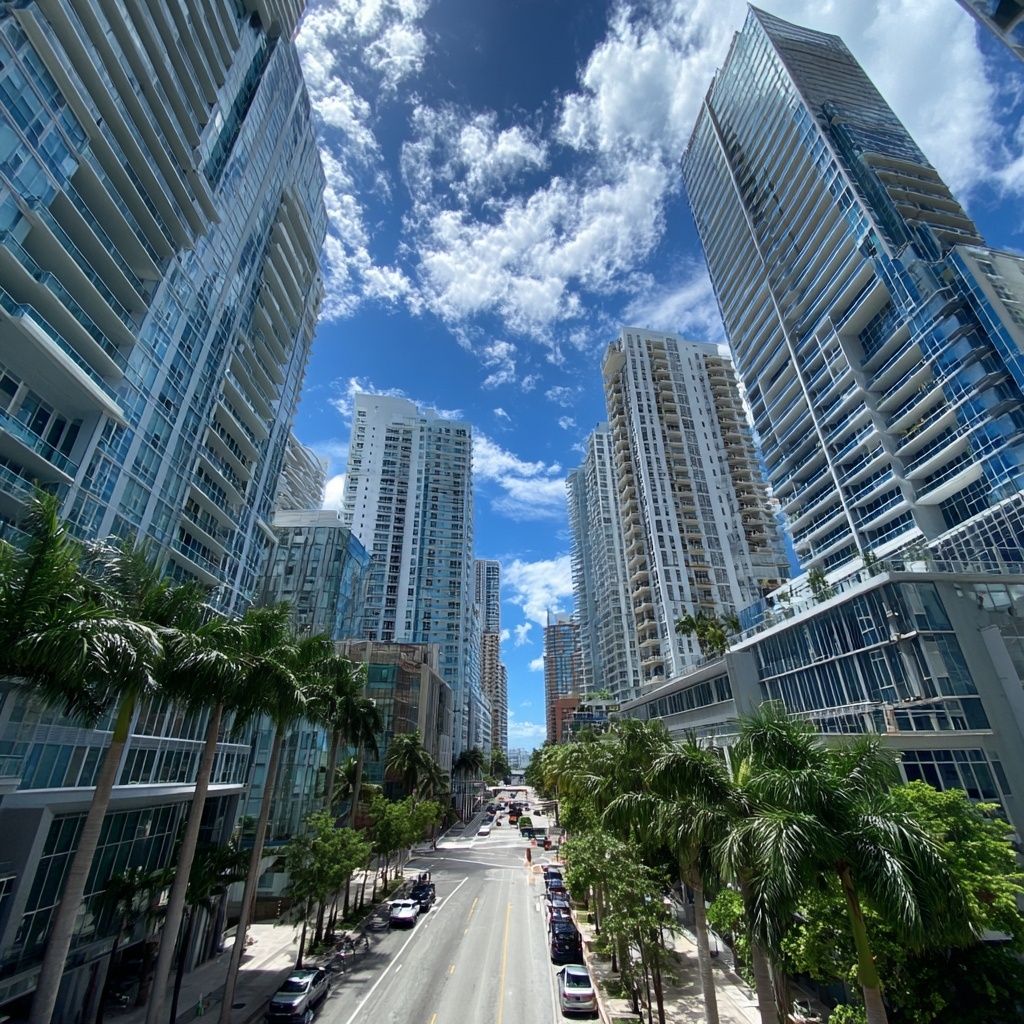
One of the most common questions investors ask is:
Where is Airbnb legal in Miami?
Short-term rentals have become an attractive strategy for those looking to generate passive income in South Florida’s booming tourism market. However, it’s not as simple as listing your property on Airbnb — there are strict regulations, mandatory licenses, and tax obligations every property owner needs to understand before investing.
Miami Beach: Restrictions and High Fines
Miami Beach may be world-famous for its nightlife, beaches, and tourism, but it is also one of the strictest cities when it comes to short-term rentals.
Many residential areas explicitly prohibit Airbnb.
Fines for violations can easily exceed $20,000 per offense.
Only certain mixed-use districts allow short-term rentals, and only if the building permits it and the owner has the proper city license.
For investors, this means that buying a property in Miami Beach without doing your research could quickly turn into a costly mistake.
Brickell and Downtown Miami: More Flexibility
Unlike Miami Beach, Brickell and Downtown Miami offer more opportunities for short-term rental investors.
Several buildings are marketed as “Airbnb-friendly”, specifically designed with investors in mind.
However, owners are still required to obtain city licenses and comply with both state and county regulations.
Some buildings impose internal restrictions (minimum stay requirements, number of times per year you can rent, etc.).
The advantage is that Brickell and Downtown attract both tourists and business travelers, ensuring strong occupancy rates and higher rental yields.
Taxes on Airbnb Income in Miami
In addition to zoning regulations, investors must also consider the tax obligations that apply to short-term rental income in Miami and Miami-Dade County:
Sales Tax: In Florida, short-term rental income is subject to a 7% state sales tax.
Tourist Development Tax: Miami-Dade County applies an additional 6% tax on short-term stays.
City Resort Tax: Certain areas, such as Miami Beach, charge an extra 4% municipal resort tax.
IRS (Federal Taxes): Airbnb income is considered taxable income and must be reported to the IRS. Airbnb issues a 1099-K form to hosts who exceed certain income thresholds.
👉 In total, hosts should expect to set aside between 13% and 17% of their gross rental income for local and state taxes.
The good news is that Miami’s strong tourism demand means that well-managed Airbnb properties can generate significant profits, even after taxes.
Tips for Airbnb Investors in Miami
If you’re planning to invest in short-term rental properties in Miami, here are some key recommendations:
Work with a realtor who specializes in Airbnb-friendly buildings (not every condo allows it).
Verify zoning and condo regulations before purchasing.
Obtain the necessary licenses from the city and county before listing your property.
Plan for taxes and consider working with an accountant to maximize your deductions.
Factor in additional expenses, such as cleaning, property management, and maintenance.
Conclusion
Investing in Airbnb properties in Miami can be highly profitable, but only if done strategically. Areas like Brickell and Downtown, combined with Airbnb-friendly buildings, offer the best opportunities for generating passive income in one of the most dynamic tourism markets in the U.S.
If you’re interested in exploring the best Airbnb investment opportunities in Miami, I can help you identify the properties that align with your financial goals.
📞 321-663-2200
🌐 www.angelaaristizabal.com